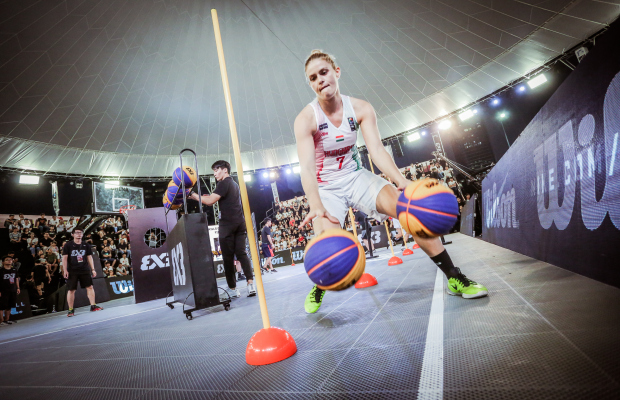Stress, like conflict, is an unavoidable part of personal and professional life. As your career develops and more demands are put upon you, stress can become more intense. The key is to accept that stress is a natural part of life, but you must also be aware of the toll it can take. If stress is getting so intense that you are experiencing more conflict with teammates or family, or if your on-court performance is suffering due to stress, you will want to take action to reduce stress in your life.
Below are some key things you can do to limit stress in your life and prevent it from leading to conflict.
- Diet
What we eat and drink has a direct impact on our body’s response to stress. Eating healthy will help you protect against stress as it will give your body a sense of well-being.
- Exercise
If you are feeling stressed off-the-court, a short jog, a bicycle ride or stretching can trigger endorphins that relieve stress and promote a sense of well-being in the body.
- Massage
Massage is a very effective way of reducing stress and it is also very therapeutic for the muscles as part of a physical training programme.
- Relaxation
There are specific relaxation techniques that are proven to relieve stress and prevent it from building up. Breathing and visualisation exercises can be particularly effective. These exercises calm the mind, which helps us prioritise what we think (and stress) about.
- Healthy communication
One reason stress builds up is that we often do not talk about it until it overflows. To reduce stress in a proactive way, talk to people around you who you trust and are willing to listen. Friends, family, teammates and therapists can offer a listening ear.
- Say “no”
None of us can “do it all” and trying to can lead to resentment, which is a fast-track to conflict. You do not have time to do it all and you will have to set your priorities and learn to say no.
- Sleep
With adequate rest, your body can respond to stress and conflict in a healthier way.
